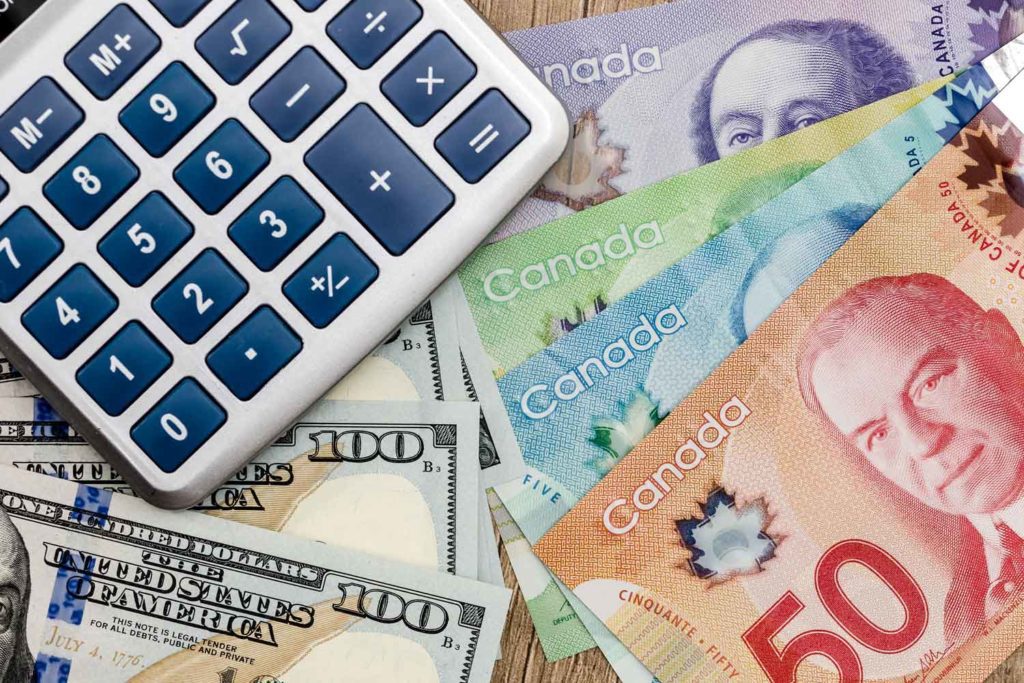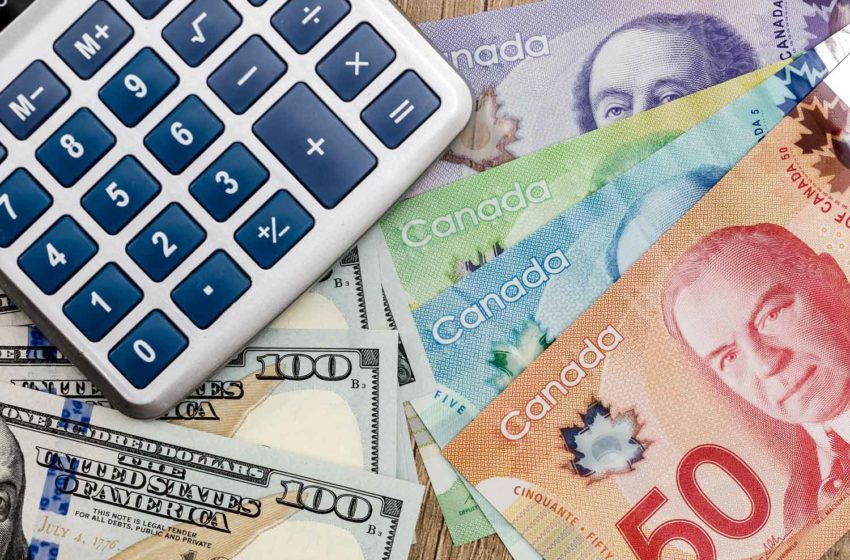
Canada is toughening up its regulatory regime over the manufacture and sale of vaping products.
As of Oct. 1, manufacturers and importers must be licensed or registered with the Canada Revenue Agency, must label their product with a vaping excise stamp, and pay an excise duty. Oct. 1 to Dec. 31 will be a transition period, after which retail stores can only sell stamped vaping products. These changes came from amendments to the Excise Act, 2001 and its regulations under the 2022 federal budget.
For taxation purposes, the changes mean that the feds effectively treat vaping products like tobacco products, says Robert Kreklewetz, an indirect tax, customs and trade lawyer at Millar Kreklewetz LLP.
A 20-pack of cigarettes is subject to $2.91 of federal excise duties, while the “roughly equivalent” amount of vaping liquid, two millilitres, attracts a duty of $1. He adds that this applies to liquid that does not contain nicotine.
“When vaping first came out, much like any new technology, the government was a little slow to react and slow to act,” says Kreklewetz. “It was a bit of a wild west situation in terms of how they were regulated from a product perspective and a wild west situation in how they were regulated from a taxation perspective. No special taxes, other than maybe our federal value added tax, would have applied – as it would to any other goods. But there were no special excise duties, and certainly no cigarette system in place for vapes. That’s all changed now.”
Canada also regulates vaping products through the Tobacco and Vaping Products Act, as well as the Food and Drugs Act, and has regulations restricting nicotine concentration and making rules for packaging and labelling.
Tax policy is usually aligned with public policy, and to attach excise taxes – sin taxes – to vapes, when they are a less harmful alternative to smoking, will provide less of an incentive for smokers to switch, says Kreklewetz.
“If you were looking at vapes as a way to get current smokers off of smoking and on to an alternative consumption of nicotine… every dollar that you put into tax on vaping is just a financial disincentive to getting off smoking,” says Kreklewetz. “If it costs me as much to vape as it does to smoke, why would I make the change?”
“That’s the cloudy logic that I see in the new taxation system,” he says. “The way the federal government is working these days, it’s running out of new sources of revenue. So, one might look at the vaping taxes as more of a tax grab than good public policy.”

